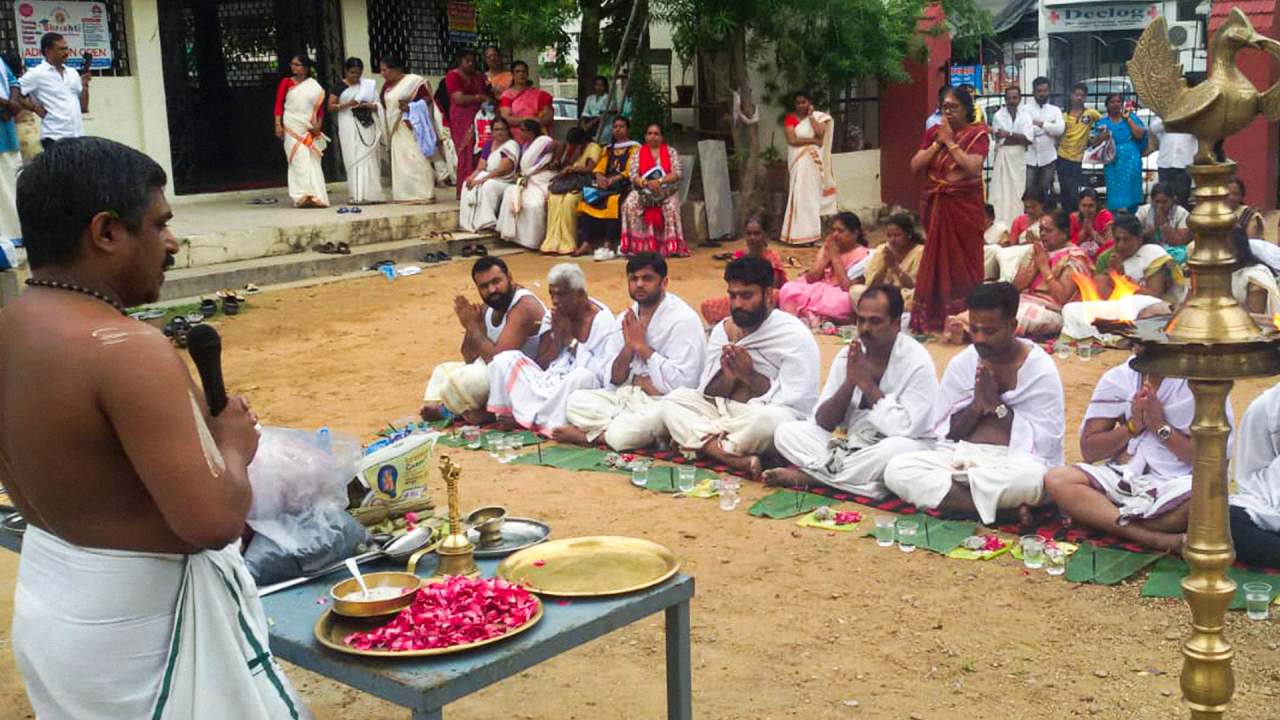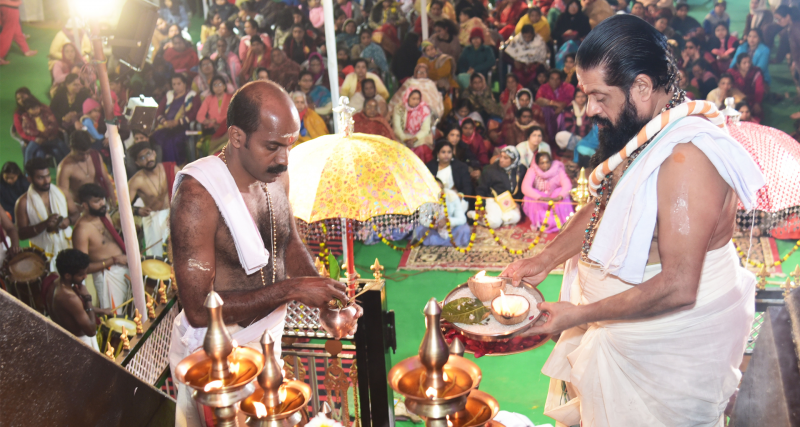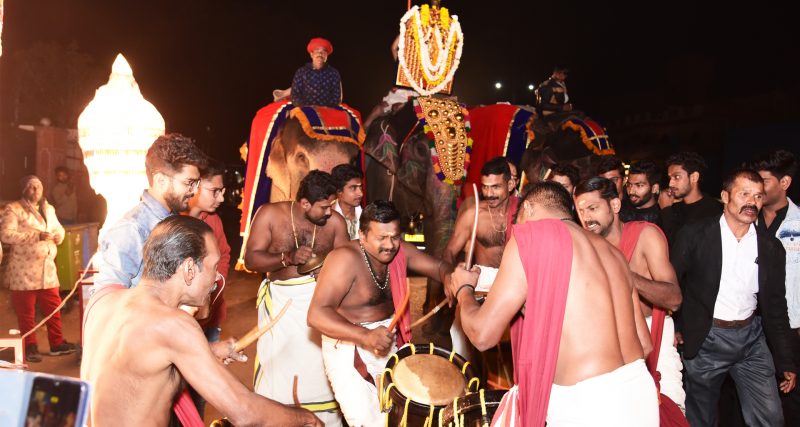The Malayalam Calender month “ Karkkidakam” holds religious significance among the Hindu community of Kerala. “Karkkidakam” is the last month in the Malayalam Calendar. Ceremonies for deceased family members are held in the new moon (also known as “Amavasi”) of the month “Karkkidakam”. The day on which the rituals are performed for the souls of ancestors by Hindus is known as the “Karkkidaka Vavu”.Those rituals and ceremonies performed are known as “Vavu Bali” or “Shraddham” or “Pithrutharppanam”.The same falls in the month of July to August if one follows the English calendar.
The ‘Bali’ rites for the departed ancestors are also observed on the ‘Nakshathra’ or star of the deceased person. But it is believed that ‘Bali’ held on ‘Karuthavavu’ (new moon day) in the month of Karkkidakam is more auspicious and that the souls of the deceased are attained moksha. Karkkidaka Vavu Bali is analogous to preforming ‘Mahalaya Shradha Paksha’ or ‘Pithru Paksha Shradham’ on other states of India. On this auspicious day, devotees in large numbers perform the “Bali Tharpanam” in order to pay homage to their departed ancestors. The “Sraddham” Rituals are done on the banks of the rivers or sea shores under the supervision of a priest who has a sound knowledge in Mantras and Karma in connection with this Pithrutharppanam. All the major destination like Shankhumukham Temple(Thiruvananthapuram), Papanasham beach (Varkala), Aluva Mahadeva Temple (Aluva Manappuram, Ernakulam), Thirumullavaram beach (Kollam Dist.), River Pampa( Aranmula Temple, Pathanamthitta) etc. remain crowded on this day and special arrangements are made by State authorities to ensure that the rituals are held peacefully. The devotees get up early on this day and finish their morning routine to reach the “Bali Tharppanam Centres”.
The person performing the bali ritual also observes fast from the previous day of Karkkidaka Vavu Bali and is allowed to eat only one meal comprising of rice(orikkaloonu). The other members in the family can eat rice preparations thrice and eating non-vegetarian food is strictly prohibited on “Karkkidakavavu”. In most of the households in Kerala, a special preparation of steamed rice known as ‘Vavu Ada’ is prepared. While performing bali, some of the important accompaniment required include flowers(arali flowers), Darbha(grass), Ellu(seasame seeds), Pavithram(ring formed from grass), cooked rice, banana leaves and water.
In Tamil Nadu, on the day of “Karkkidakavavu”, Hindus observe the ‘Aadi Amavasi’ rites for their departed ancestors. Thousands of Hindu devotees take a holy bath in the sacred rivers or douche “Theertham” this day. Among the Keralites, it is believed that sincere observing of ‘Bali Tharppanam’ gives them prosperity and good fortune. This Year “Karkkidaka Vavu” falls on July 20.




